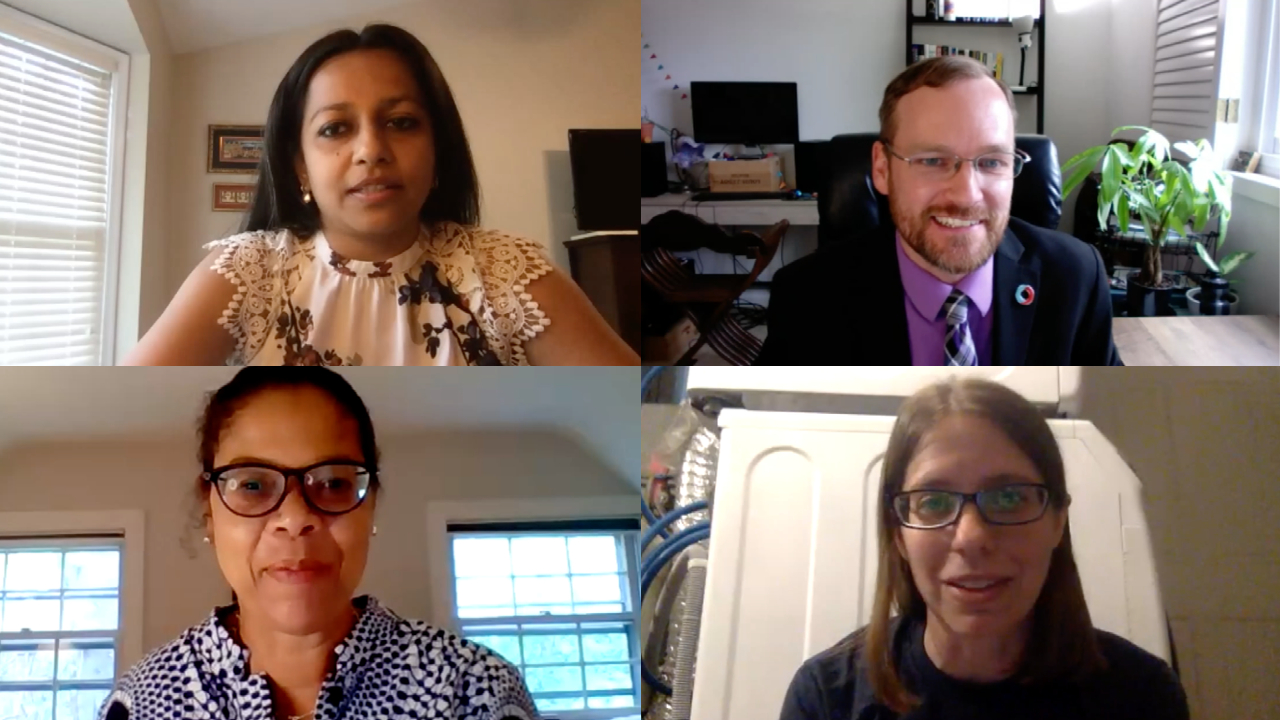As political ads have shifted from traditional media to online – including social media – the Federal Election Commission has struggled to keep up due to a lack of consensus. [Transcript | Video]
“If you’re on the TV, we can regulate you. If you’re on a piece of paper, we can regulate you. But if you’re on the internet, we have challenges in making sure that disclosure and disclaimer information is provided because this agency has not updated its regulations to sufficiently address,” Federal Election Commissioner Shana Broussard told Paul Miller fellows on June 6.
For journalists covering campaigns, a Request for Additional Information (RFAI) is an important resource. RFAIs can be the source of a news article on campaign potential missteps, especially during the current period of huge campaign spending. In fact, the 2020 election cycle spending was the highest in history with the total coming in at nearly $14.4 billion.
Journalists are “integral to the agency’s fundamental mission of promoting transparency in elections,” Broussard said. “We have a great staff and they do a fantastic job of collecting and making public contributions and expenditure information, but all of you are often the ones bringing that information to the attention of the American public.”
Another challenge the FEC is currently facing is the use of “dark money” in elections. In 2010, a Supreme Court decision invalidated the FECs ban on corporate and union spending on independent expenditures. Broussard said they were able to come up with a bipartisan statement, “making it clear that we are no longer going to turn a blind eye to contributions through LLCs to mask their identities.” Still, “there’s plenty of other dark money ways.”
WATCH: OpenSecrets instructs Paul Miller journalists on tracking dark money
Q&A between NPF fellows and Broussard, lightly edited:
Q: How are you looking at regulating some of these pop-up shops or consultants who are specializing in digital advertising and then getting involved in a lot of small-dollar fundraising?
A: It kind of makes me think of Scam PACs … a political committee that registers with the commission, solicits funds – it could be on behalf of a candidate, but generally they’re non-connected, where they just raise a ton of money for fundraising, solicitations, digitals, consulting … One of the problems that we have is that we do not have a statute or a regulation on point that allows us specifically to be able to call those organizations out … One of the things that we were able to do last year, and it didn’t go as far as I would like, is that we were able to modify our website so that when you pull up a candidate or a committee, it’ll show you the percentages that are being spent.
Q: There’s been an explosion of crypto-backed money in the campaign cycle this year. Protect our Future PAC just put in $22 million across all these congressional races. How is the agency approaching these types of organizations where they’re spending real dollars, but they’re backed by this widely unregulated currency? What about campaigns, committees or PACS that are now accepting payments in crypto or are selling NFTs? Is the commission looking at regulating that at all?
A: Do we have something currently in place? No, we don’t. Most of these new things such as the crypto have come through the AO process and we have had some very limited advisory opinions that have started to address that, but what you said exactly is this is exploding and it is a technology that we have to get ahead and, not to badmouth my place where I call home, we haven’t finished internet disclaimer regulations yet.
Q: Is there any portion of the FEC that looks into [foreign entities] and digs into the legitimacy of some of these larger donations?
A: The quick answer is no, not that there shouldn’t be, but when you have an enforcement division that’s probably comprised of 25 people now that are getting inundated with cases that they’re working on, we don’t have a specific division, but I will say that the reports analysis division is very good at highlighting sometimes when this situation is coming available for funds.
Help support the Paul Miller Fellowship by visiting nationalpress.org/donate. NPF is solely responsible for the content.





